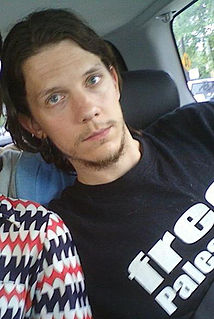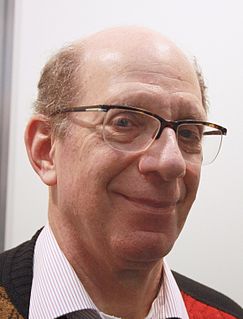A Quote by Dean Spade
Legal reform has significant dangers: changing only the window-dressing of harmful systems but leaving the violence of the systems in tact, failing to provide actual relief for those facing the worst conditions, and legitimizing or expanding systems of harm.
Related Quotes
When we approach legal reform work, we can ask questions like: Will this provide actual relief to people facing violence or harm or will it primarily be a symbolic change? Will this divide our constituency by offering relief only to people with certain privileged statuses (such as people with lawful immigration status, people with jobs, married people, etc.)?
Abstract systems depend on trust, yet they provide none of the moral rewards which can be obtained from personalised trust, or were often available in traditional settings from the moral frameworks within which everyday life was undertaken. Moreover, the wholesale penetration of abstract systems into daily life creates risks which the individual is not well placed to confront; high-consequence risks fall into this category. Greater interdependence, up to and including globally independent systems, means greater vulnerability when untoward events occur that affect those systems as a whole.





































